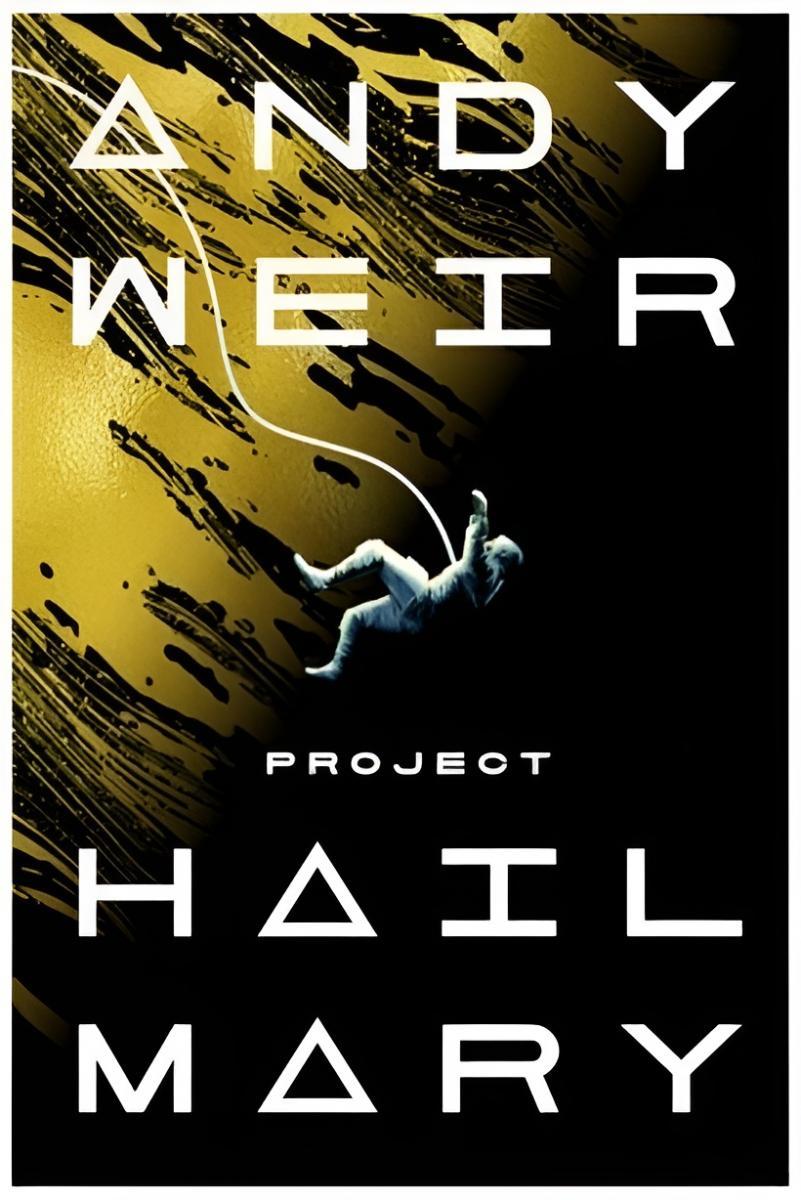
A man wakes up alone and can’t remember, well, pretty much anything. A computer asks him “What’s two plus two?” When he finally answers “four”, it asks him his name. But that’s gone.
It comes back to him before long, of course. Slowly, slowly, through flashbacks to his previous life, we find out who he is, what he does, and why he’s all alone on a starship that’s somehow arrived at Tau Ceti, thirteen light-years from Earth.
As it turns out, he—his name is Ryland Grace, which isn’t really a spoiler, since it’s in the book-flap synopsis—was one of the people who discovered a threat to our sun that could spell the end of all life on Earth. He’s been sent on a one-way mission to try to find a solution.
And, well, he’s not really alone. There aren’t any other humans alive on his ship, but… there’s more than one race afflicted with the solar problem.
This was another novel that I almost abandoned, not unlike The Wrong Stars earlier this year. I’m not keen on the “I woke up and can’t remember anything” trope, and that—coupled with a certain clunkiness to the flashbacks that never really went away—lent itself to a choppy exposition. Also, Ryland Grace was a little too competent at all times, like the Heroic Engineer archetype of Golden Age science fiction. But I stuck it out, because I loved the other Andy Weir novel I read, years ago: The Martian. In the end I enjoyed it; there’s a very good first-contact yarn in here, too.
If you like Competent Scientists—human and otherwise—sciencing the shit[1]Like, you know, in The Martian. out of all their problems, you might enjoy Project Hail Mary. I don’t regret reading it, but I don’t feel a particular need to read it again.
Footnotes
| ↑1 | Like, you know, in The Martian. |
|---|